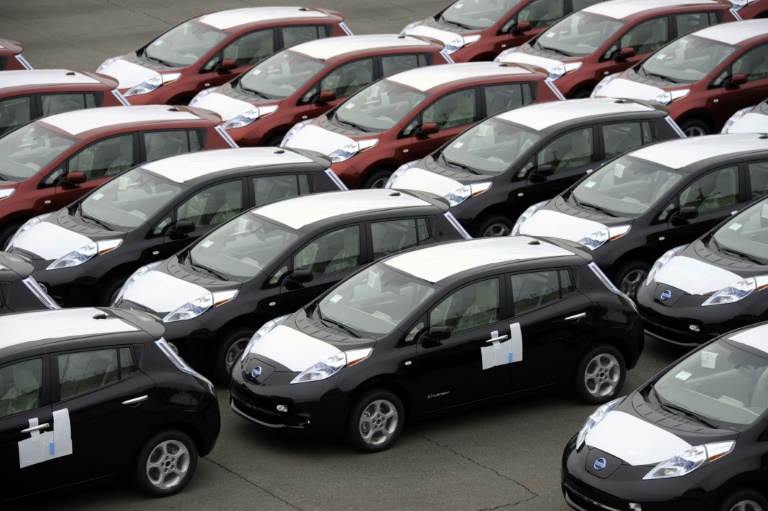
Nissan Motor Co. announced on Tuesday that it will cease vehicle production at its Oppama plant in Japan by the end of its fiscal year 2027. This decision comes in the wake of significant financial challenges, including a net loss of 671 billion yen (approximately $4.5 billion) reported for the previous year. The company is also planning to reduce its global workforce by 15 percent as part of a broader restructuring effort.
The Oppama facility, located near Yokohama, has been in operation since 1961 and employed around 3,900 people as of October 2024. Known for its role in producing advanced vehicles like the Nissan LEAF, the world’s first mass-market electric vehicle, the plant will transfer its production operations to an existing factory in Kyushu.
Strategic Shift in Production
In a statement, Nissan indicated that the consolidation of its manufacturing capabilities is part of a plan to streamline operations. The automaker, which has faced mounting difficulties in competing against emerging Chinese electric vehicle brands, aims to reduce its vehicle production facilities from 17 to 10 by the end of fiscal year 2027.
Nissan’s financial woes have been compounded by the collapse of merger talks with Japanese rival Honda earlier this year. The proposed merger was viewed as a potential path to stability, but negotiations fell apart in February when Honda suggested restructuring Nissan as a subsidiary.
Challenges Ahead
The company has encountered various obstacles over the years, including the high-profile arrest of former chairman Carlos Ghosn in 2018, who later escaped Japan under dramatic circumstances. Furthermore, ratings agencies have downgraded Nissan to junk status, with Moody’s citing the company’s “weak profitability” and an “ageing model portfolio.”
In addition to these challenges, Nissan’s plans for a $1 billion battery plant in southern Japan have been shelved due to adverse market conditions. Experts suggest that Nissan is particularly vulnerable to the 25-percent tariff imposed by U.S. President Donald Trump on imported Japanese vehicles, as its customer base has been historically more price-sensitive.
Looking toward the future, there may be opportunities for Nissan to partner with Taiwanese electronics giant Foxconn, which has expressed interest in entering the automotive sector. In February, Foxconn indicated it would consider acquiring Renault’s stake in Nissan, potentially opening new avenues for collaboration.
As Nissan navigates these turbulent waters, the decision to halt production at the Oppama plant marks a significant turning point for the carmaker, reflecting the need for strategic realignment in an increasingly competitive landscape.






